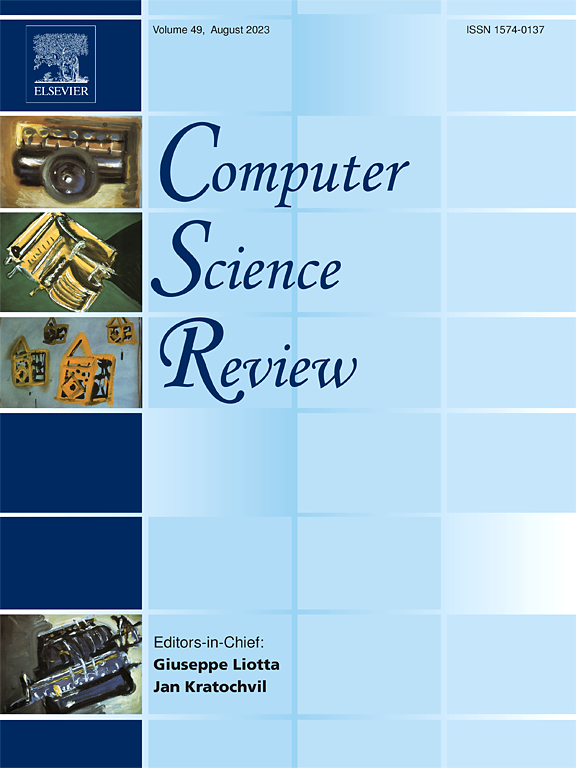通过重构洞察代码克隆管理:系统的文献回顾
IF 12.7
1区 计算机科学
Q1 COMPUTER SCIENCE, INFORMATION SYSTEMS
引用次数: 0
摘要
背景软件克隆存在于软件设计模型、源代码和测试用例中。软件克隆的检测引起了许多研究者的关注。然而,管理这些克隆仍然是一项具有挑战性的任务。目的通过重构寻找克隆管理领域的研究方向。克隆检测后,开发人员面临两个重大挑战。1)了解大量报告的克隆2)确定哪些克隆适合重构。本文综述了现有克隆重构研究的成果,并重点介绍了有助于筛选克隆检测结果以进行重构的克隆相关参数。方法基于7个研究问题,利用9个数字图书馆进行系统的文献综述,找出截至2024年7月发表的与克隆重构相关的文章。从最初的810篇文章开始,我们选择了在各种主要期刊和会议上发表的78篇文章。结果综述了克隆检测工具、重构方法、重构工具以及克隆重构研究的主题体系。它还确定了克隆进化研究以及机器学习和深度学习技术在克隆重构中的使用的重要性。结论对现有克隆重构工具的实证研究有限。未来的研究可以探索迁移学习和LLM模型增强克隆重构的潜力。本文章由计算机程序翻译,如有差异,请以英文原文为准。
Insight into code clone management through refactoring: a systematic literature review
Background
Software clones exist in software design models, source code, and test cases. The detection of clones in software attracted the attention of many researchers. However, managing these clones is still a challenging task.
Aim
This review aims to find research directions in the field of clone management through refactoring. After the clone detection, developers face two significant challenges. 1) Understanding the large number of reported clones 2) Identifying which clones are suitable for refactoring. This review provides findings of existing clone refactoring research and highlights clone-related parameters that help in filtering clone detection results for refactoring.
Method
We conducted a systematic literature review using nine digital libraries, based on seven research questions, identifying articles related to clone refactoring published till July 2024. Starting from an initial set of 810 articles, we selected a comprehensive set of 78 articles published in various leading journals and conferences.
Results
The review gives information about clone detection tools, refactoring methods, refactoring tools, and subject systems used in clone refactoring research. It also identifies the importance of clone evolution studies and the usage of machine learning and deep learning techniques for clone refactoring.
Conclusion
We conclude that empirical studies on available clone refactoring tools are limited. Future studies exploring the potential of transfer learning and LLM models to enhance clone refactoring can be conducted.
求助全文
通过发布文献求助,成功后即可免费获取论文全文。
去求助
来源期刊

Computer Science Review
Computer Science-General Computer Science
CiteScore
32.70
自引率
0.00%
发文量
26
审稿时长
51 days
期刊介绍:
Computer Science Review, a publication dedicated to research surveys and expository overviews of open problems in computer science, targets a broad audience within the field seeking comprehensive insights into the latest developments. The journal welcomes articles from various fields as long as their content impacts the advancement of computer science. In particular, articles that review the application of well-known Computer Science methods to other areas are in scope only if these articles advance the fundamental understanding of those methods.
 求助内容:
求助内容: 应助结果提醒方式:
应助结果提醒方式:


